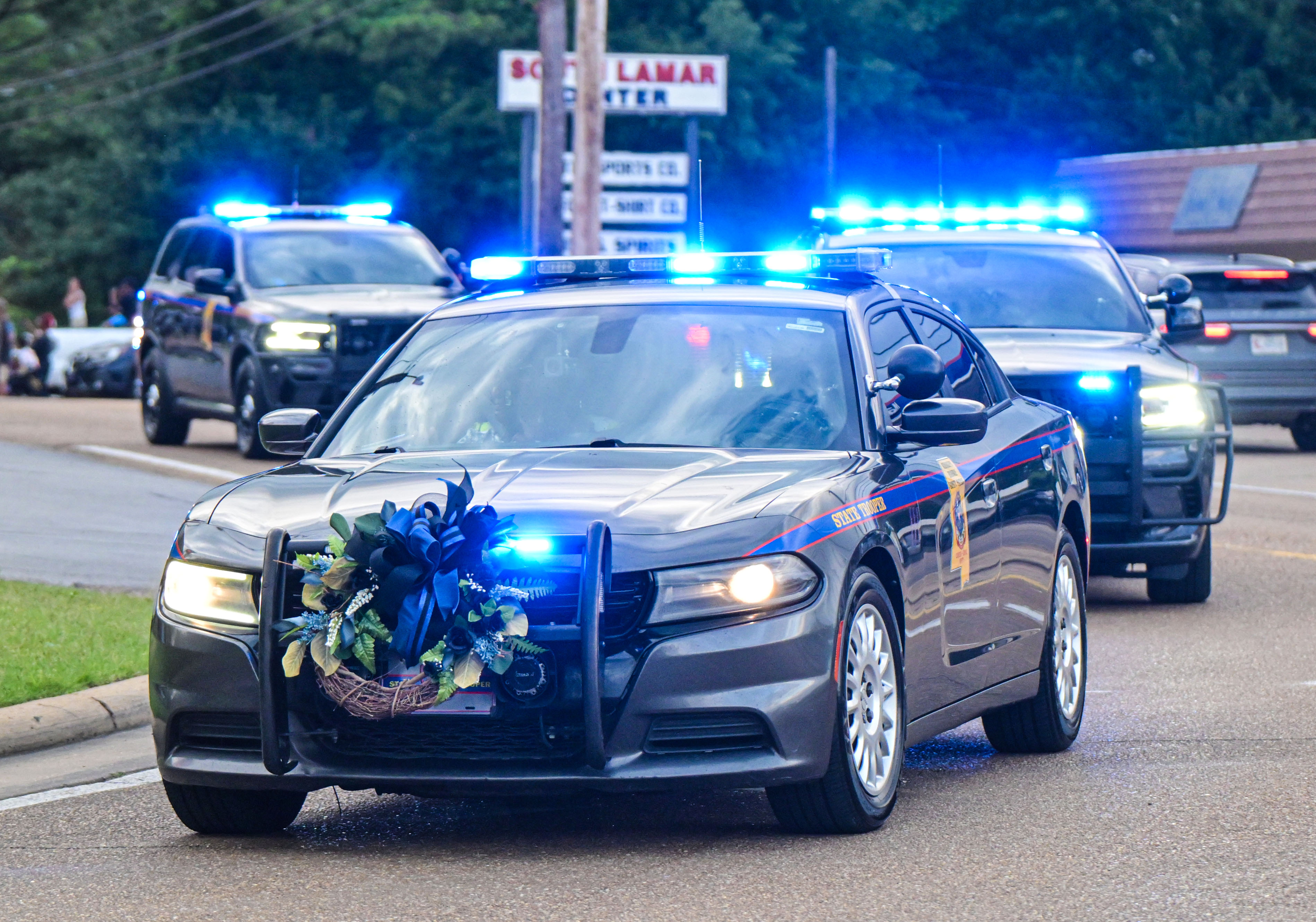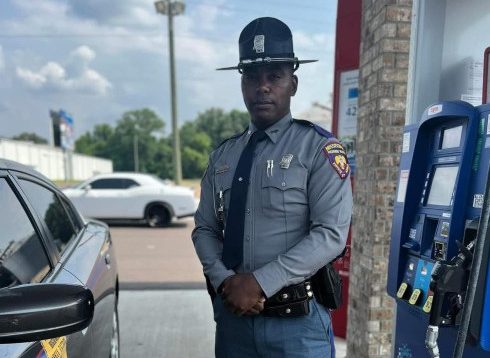Better system needed to heed warning signs
Published 9:38 am Monday, March 19, 2018
The latest news from last month’s Florida school massacre is yet another disturbing piece of a horrific saga.
Some officials were so concerned about the mental stability of the student accused in the shooting who killed 17 and wounded 17 in Parkland that they had recommended he be forcibly committed.
Among those recommending that Nikolas Cruz be committed for a mental evaluation was Scot Peterson, the school resource officer and Broward Sheriff’s Office deputy who resigned amid accusations that he failed to respond by staying outside the building while the shooting was taking place.
It was more than a year before the shooting when school officials and the sheriff’s deputy were reportedly alarmed by behavior from Cruz including that he had written the word “kill” in a notebook, told a classmate he wanted to buy a gun, and cut his arm in anger over a relationship breakup.
Documents obtained by The Associated Press show that two school counselors and the deputy recommended that Cruz be committed for evaluation under Florida’s Baker Act, which allows for involuntary mental examination.
It never happened.
The concern, beyond the obvious lack of evaluation, is that an involuntary commitment may have been a high obstacle if not a complete barrier to legally obtaining a firearm like the AR-15 rifle used in the massacre.
We have a lot to learn from this shooting. Among the lessons is that a better system is needed so that serious warnings and recommendations don’t get ignored.





